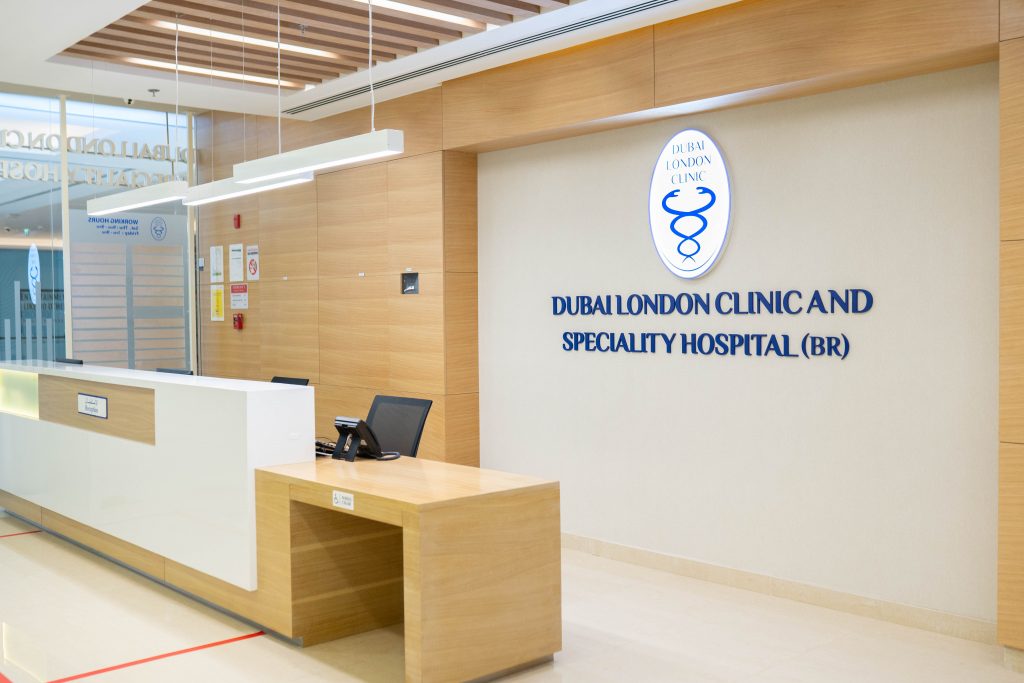
When To See A Doctor For Piles Treatment
Piles, also called hemorrhoids, are swollen blood vessels in the rectum or anus. They are common and often settle on their own with simple home care. However, there are times when medical support is useful. Knowing when it is time to speak with a doctor helps avoid discomfort and complications.
Here is a look at signs that suggest it is time for a visit.
Bleeding during bowel movements:
If there is blood on the toilet paper or in the stool, it is a good idea to speak with a healthcare provider for a reliable piles treatment Dubai. While bleeding is a common sign of piles, it may also be linked to other conditions. A doctor can check for other reasons and guide the next steps.
Pain or discomfort that does not go away:
Mild pain or itching often passes with time. But if the discomfort gets worse or stays for several days, it may signal a more serious issue. Doctors can suggest treatments that make daily activities easier and reduce strain during bowel movements.
Lumps or swelling that grows:
Small lumps near the anus might shrink after a few days. If the swelling increases or becomes hard, it may suggest a different type of hemorrhoid. In some cases, this might be a thrombosed pile, which can be quite painful and may want quick medical attention.
Difficulty sitting or moving comfortably:
If piles make sitting, walking, or other normal actions hard, medical support might be useful. Severe piles can limit movement and affect daily life. A doctor can assess the condition and discuss options to make things more manageable.
Home remedies are not working:
Many people try creams, warm baths, or changes in diet to ease their symptoms. If these steps do not bring relief after a week or two, it is sensible to speak with a professional. There may be better treatments that offer longer-lasting results.
Frequent flare-ups:
If piles keep coming back often, a doctor can look at the pattern and suggest ways to reduce future problems. In some cases, small procedures are available that prevent new piles from forming or reduce current ones safely.
Mild piles often settle with rest and care at home. But if there is bleeding, swelling, pain, or other signs that last, speaking with a doctor is the next step. Medical advice ensures the condition does not affect your daily comfort for long. Early attention often leads to quicker recovery and fewer problems later on.






